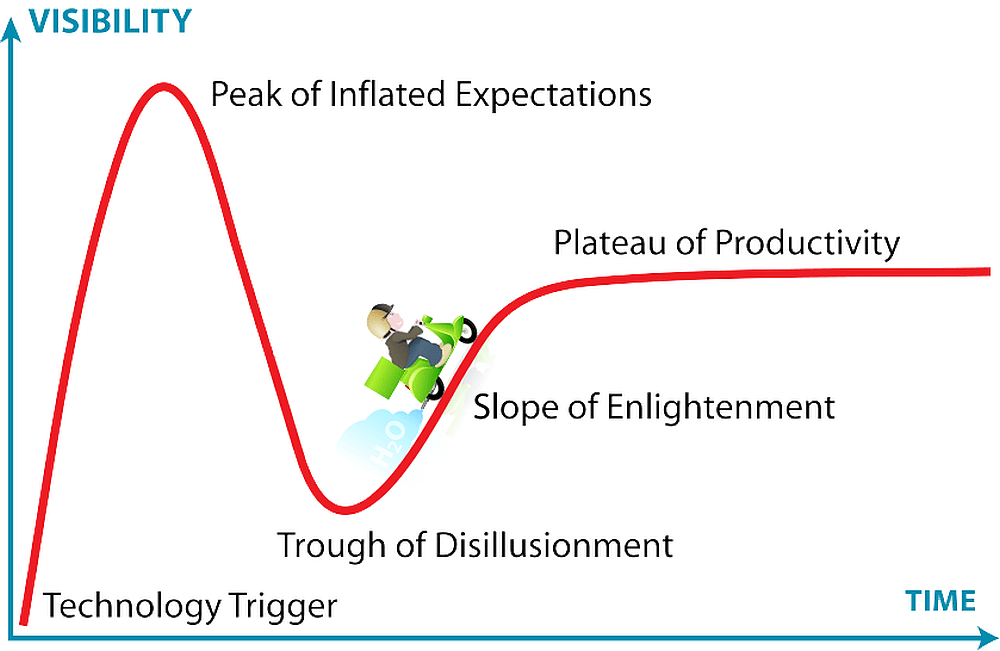The FY 2009 federal budget bill, at last, ends what has been something of an embarrassment and point of anger and pessimism with the U.S. scientific community by containing significant funding for the International Thermonuclear Experimental Reactor project. This is great news for the international project and for the Oak Ridge National Laboratory employees who have been valiantly working on it, despite years of neglect from those the previously controlled the federal purse strings.
ITER is the multinational tokamak fusion power research effort, headquartered in France. It involves the European Union nations plus the United States, Japan, People’s Republic of China, Russia and South Korea.
The U.S.’s role in the project has been precarious because funding for its participation was eliminated in the federal FY 2008 budget.
In interview conducted by Knox News‘ Frank Munger, for his blog, Atomic City Underground, the director of the lab discussed how during this de-funded period, ORNL kept the labs efforts in survival mode. “Actually, [we’ve] were running on fumes in the gas tank this last little while,” said ORNL Director Thom Mason.
But the U.S.’s efforts received a huge lift when the FY 2009 budget included $124 million for ITER for the rest of the fiscal year. “The original request (for fiscal 2009) was $214 million,” Mason said. “We’re part way through the year, so the reality is that having lost that time for the first almost six months of the year, we could not have effectively used $214 (million) for the rest of the year. So, $124 million is a very good number.
“It’s great news for ITER,” Mason told Munger. “Those procurements that have been sort of waiting in the wings can proceed now and, again, because it’s in the Omnibus, it’s base funding. That’s is important because ITER is a multi-year project. Although there might have been a scenario where you could get some Recovery Act funding, that doesn’t fix the problem in the out years. So, getting a number like $124M, that’s a real start on ITER.”
The funding sent a positive note to the international community. “It’s hard to sustain an argument that you’re a committed partner when the funding is almost zeroed out,” Mason remarked.
CTT Categories
- Energy
- Market Insights
Related Posts
Hype cycles: The uphill climb for hydrogen bikes
June 26, 2025


